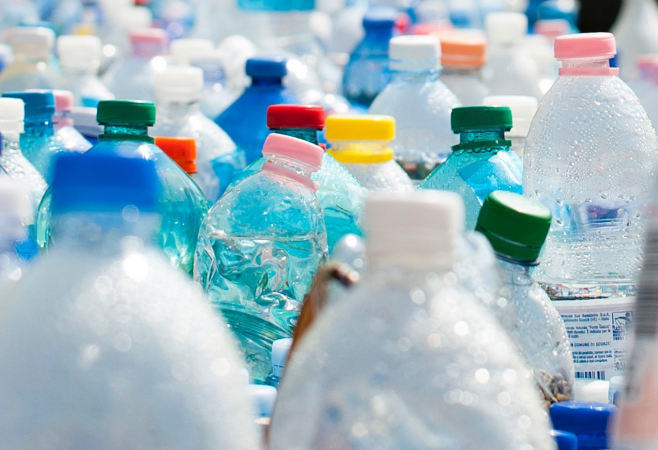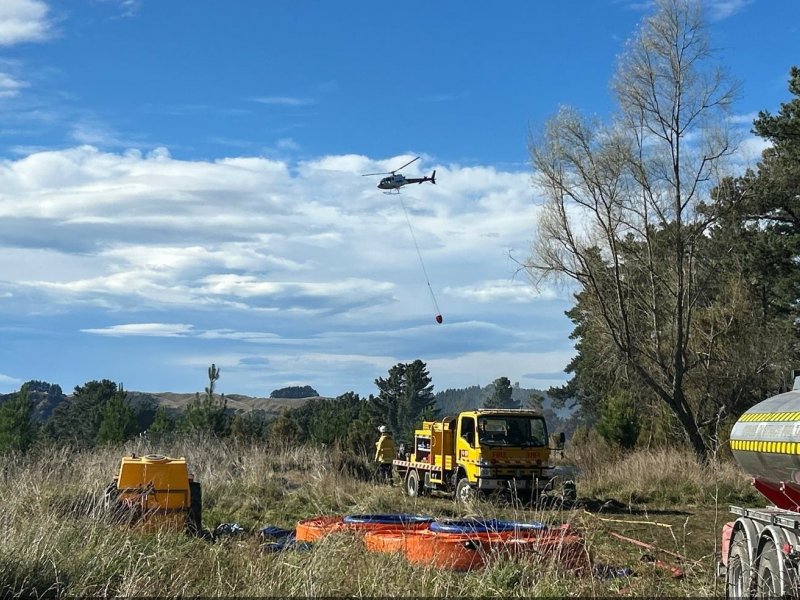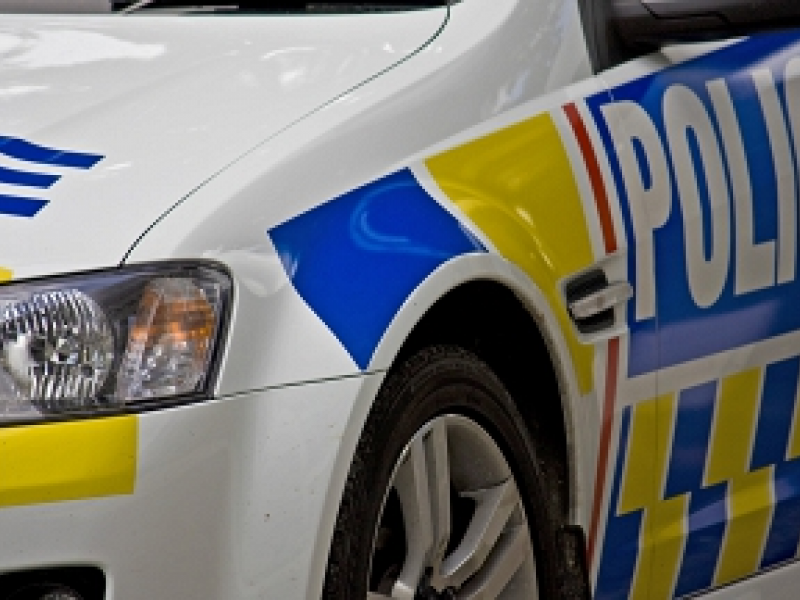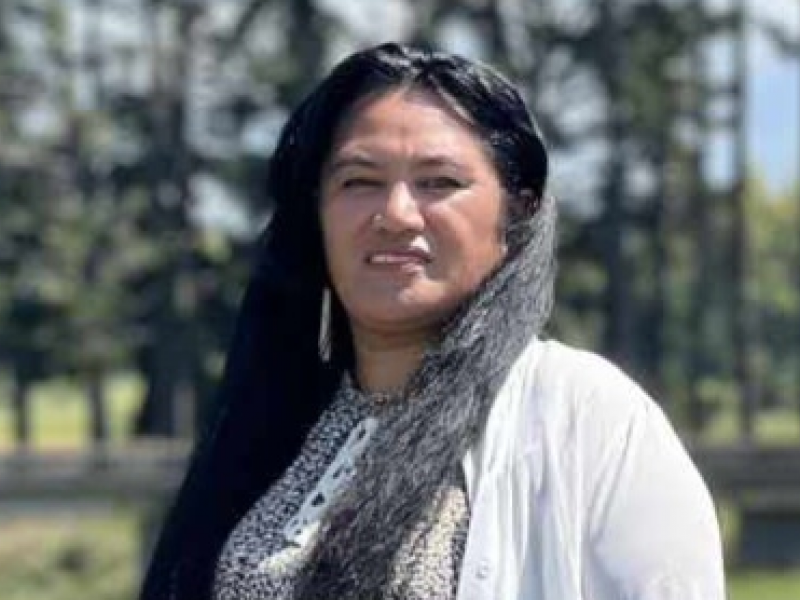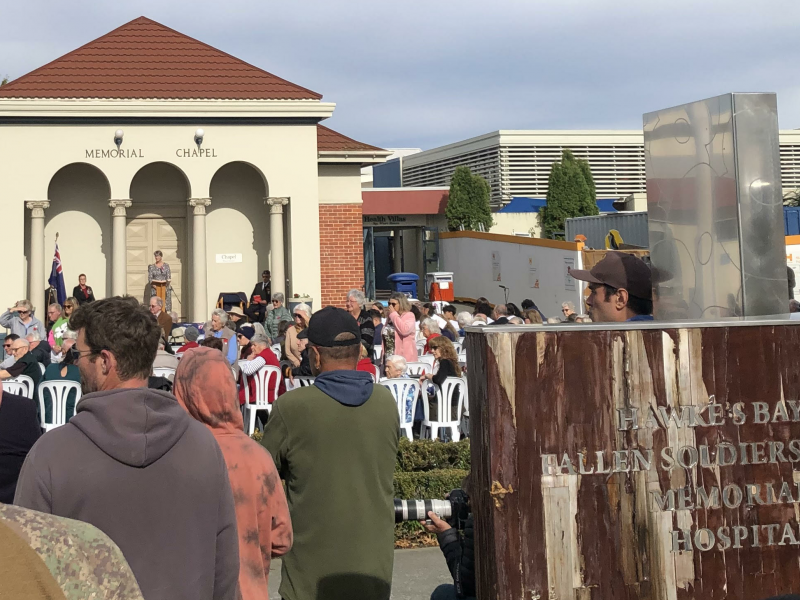Hastings council tightens plastic recycling policy
Hastings district council has made a decision to restrict the types of plastics its contractors pick up during their kerb-side collections “to ensure that what is collected can be recycled”.
From May 1, the only plastics that will be collected within the Hastings district are bottles stamped with the number 1 or 2. They must have their lids removed, be washed and squashed.
Those types of bottles include milk, soft drink, water, sauce and some laundry, kitchen and bathroom bottles.
There is a four-week phase-in period to allow time for the message to be spread widely, said Hastings deputy mayor and Waste Futures Committee chairman Tania Kerr.
The decision was made in response to the rapidly changing national and international markets for used plastic. China will no longer take plastics for recycling and the remaining markets are also closing their borders to almost all used plastics.
The majority of the remaining markets, in New Zealand and internationally, are for plastics stamped with the number 1 or 2. A few will take all colours and light-proof; however the preference is for clear and opaque bottles.
“We do need the community’s help with this. We are disappointed to be in this position but given the ever-decreasing number of markets for used plastic, at this time we have no choice,” said Mrs Kerr.
“We want residents to be assured that we are continuing to look for ways to have our plastics recycled while also backing moves at a national level to reduce problem plastics, and encouraging people to try to buy products in plastics that can be recycled.”
Up until March this year, Hastings’ contractor had not had to send any of its collected plastics to the landfill or stockpile it, however changes have to be made if that was to remain the case.
“Hastings’ contractors have a good record of finding markets for our recycling but in order for that to continue there must be changes,” said Mrs Kerr.
“To do that, we cannot mix non-recyclable plastics with those that can be recycled.
“Mixing plastics will result in all of the recycling potentially having to go to the landfill which is the worst outcome, both environmentally and financially.”
As of May 1, bottles stamped with a 1 or 2 will also be the only plastics that can be dropped off at the Henderson Rd Transfer Station recycling depot, and at the unmanned green recycling bins at Black Bridge Transfer Station, Martin Pl, in Havelock North, and in the rural locations: Tutira, Waipatiki (summer only), Pukehamoamoa, Maraekakaho, Poukawa, Waimarama.
Mrs Kerr said residents could ensure more plastic was recycled by making wise decisions when shopping especially at the supermarket. “The ideal is that if we are buying products in plastic, that we buy ones that are in clear or opaque bottles, and numbered 1 or 2 only.
“Check the bottoms of your containers when you buy. If we all make these small changes, together we can make very big differences.”
